Retro Replay Review
Gameplay
Night Raveler and the Heartbroken Uruguayans introduces a deceptively simple control scheme that centers on guiding The Raveler—an ominous figure armed with a pair of scissors—through a procedurally generated cityscape. The scissors serve as the mouse cursor, allowing players to glide across the screen and sever tenuous gray threads of connection between apartment windows. This direct, tactile interface gives each cut a haunting weight, inviting reflection on the nature of relationships and emotional entanglements.
(HEY YOU!! We hope you enjoy! We try not to run ads. So basically, this is a very expensive hobby running this site. Please consider joining us for updates, forums, and more. Network w/ us to make some cash or friends while retro gaming, and you can win some free retro games for posting. Okay, carry on 👍)
The core loop revolves around spotting relationships in need of intervention. Gray threads pulsing between two lit windows signify bonds that have grown toxic or stagnant, while immutable white threads represent steadfast connections. Selecting which gray threads to cut is a quiet dilemma; cutting too many can sow grief, while leaving certain threads intact may lead to unintended heartbreak. This risk-versus-reward tension underpins the entire experience.
Replayability emerges naturally through the procedural apartment blocks. Each playthrough reconfigures the layout of windows and relationships, prompting fresh strategic decisions and new emotional beats. Whether you’re a player bent on liberating every trapped soul or one who prefers to observe the fallout of your actions, the game’s branching outcomes—new bonds, crushing heartbreak, or devastating suicide—ensure multiple visits are both compelling and emotionally charged.
Graphics
Visually, Night Raveler adopts a minimalist silhouette aesthetic enriched by stark contrasts. The Raveler itself is rendered as pure black, set against softly lit windows and gently shifting shades of dusk. This design choice underscores the game’s themes of darkness and hope, casting each cut as a decisive, almost ritualistic act against the backdrop of human vulnerability.
The procedurally generated apartment exteriors display subtle variations in architecture and window positions, preventing any two sessions from feeling identical. Warm, inviting glows spill from some rooms, while others remain cold and unlit, hinting at the emotional state of their inhabitants. Occasional details—a flickering lamp, a passing dog, the silhouette of someone pacing—imbue the world with life without cluttering the screen.
When night falls and the sky clears, the building façades give way to a star-filled canopy. After your final action, you’re gifted one of three colorized moons (silver, amber, or rose) to place wherever you choose. This serene customization screen not only rewards your journey but also serves as a moment of quiet reflection, nicely bookending the game’s more intense moral decisions.
Story
While Night Raveler forgoes traditional dialogue or exposition, its narrative is woven directly into its mechanics and visuals. The relationships you sever or preserve tell wordless stories of love, fear, duty, and despair. Each set of windows becomes a vignette—a couple stuck in an unhealthy dynamic, friends too afraid to admit change, or two souls on the brink of a fresh start.
The game’s emotional thrust hinges on empathy. By positioning you as an unseen arbiter of fate, it asks: when is intervention justified, and who has the right to decide another’s destiny? The three distinct endings—symbolizing renewal, heartbreak, or tragedy—offer no easy answers but invite players to sit with the consequences of their moral compass.
This sparse storytelling model resonates precisely because it leaves space for personal interpretation. Without characters speaking their innermost thoughts, you build backstories in your mind: Why are those two reluctant to let go? What prevented that window dweller from seeking help? The game’s open-ended narrative encourages introspection long after you’ve closed your browser.
Overall Experience
Night Raveler and the Heartbroken Uruguayans is a compact yet profoundly affecting browser title. Its short playtime (often under 15 minutes) belies the depth of emotion it can evoke. Whether you’re seeking a meditative detour or a poignant commentary on human connection, the game manages to deliver on both fronts in a seamless package.
Performance is smooth on virtually any modern computer, thanks to its lightweight design. The intuitive point-and-click interface removes barriers to entry, making it accessible to both seasoned gamers and newcomers alike. There are no complicated menus or steep learning curves—just you, your scissors, and the weight of your decisions.
Ultimately, Night Raveler stands out as an artful exploration of relationship dynamics. It proves that meaningful storytelling and engaging gameplay need not rely on flashy graphics or lengthy campaigns. Instead, through elegant mechanics and an evocative aesthetic, it invites players to ponder the fragile threads that bind us—and what it truly means to set someone free.
 Retro Replay Retro Replay gaming reviews, news, emulation, geek stuff and more!
Retro Replay Retro Replay gaming reviews, news, emulation, geek stuff and more!
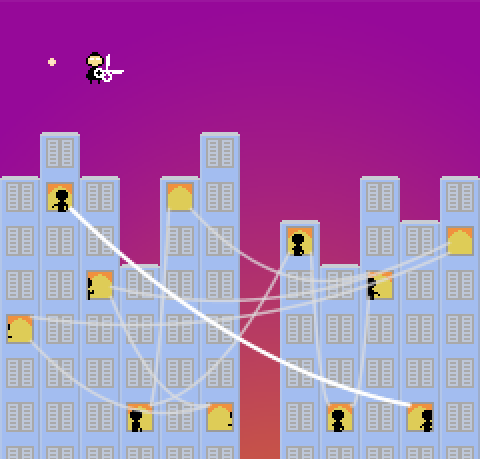
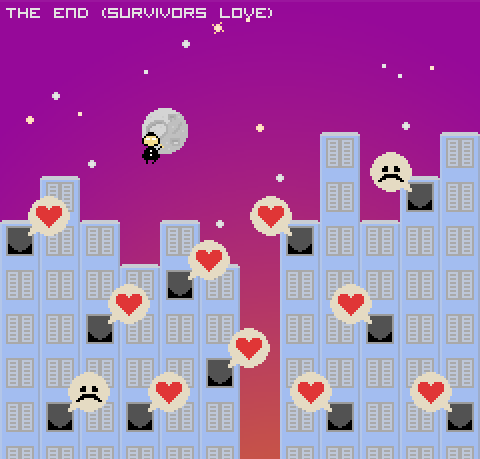
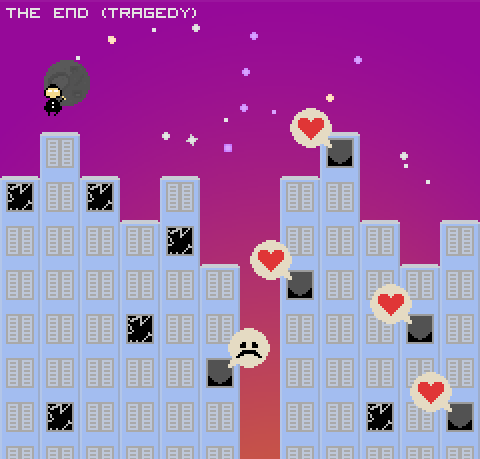
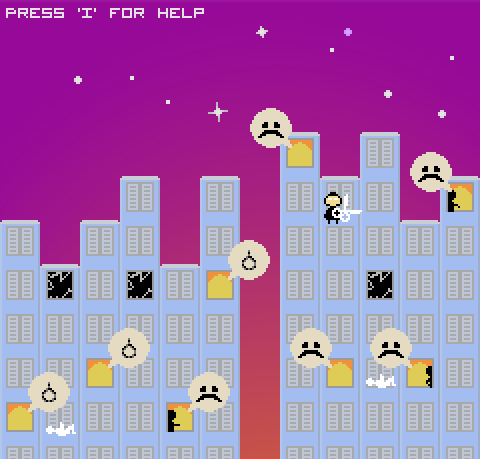
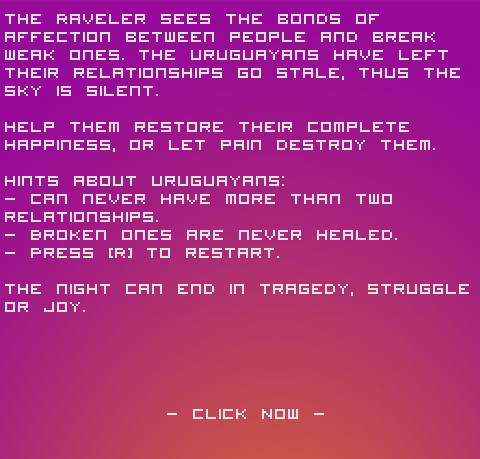
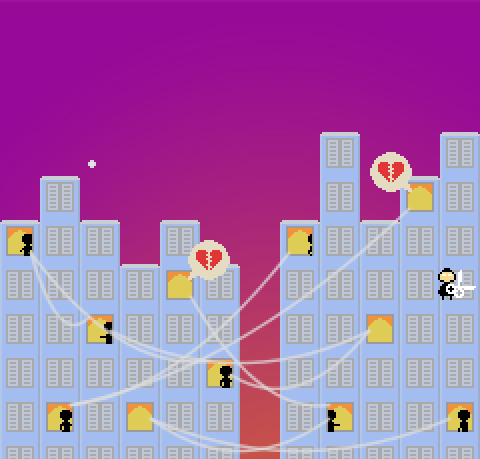
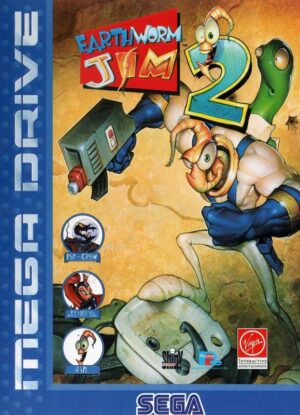


Reviews
There are no reviews yet.